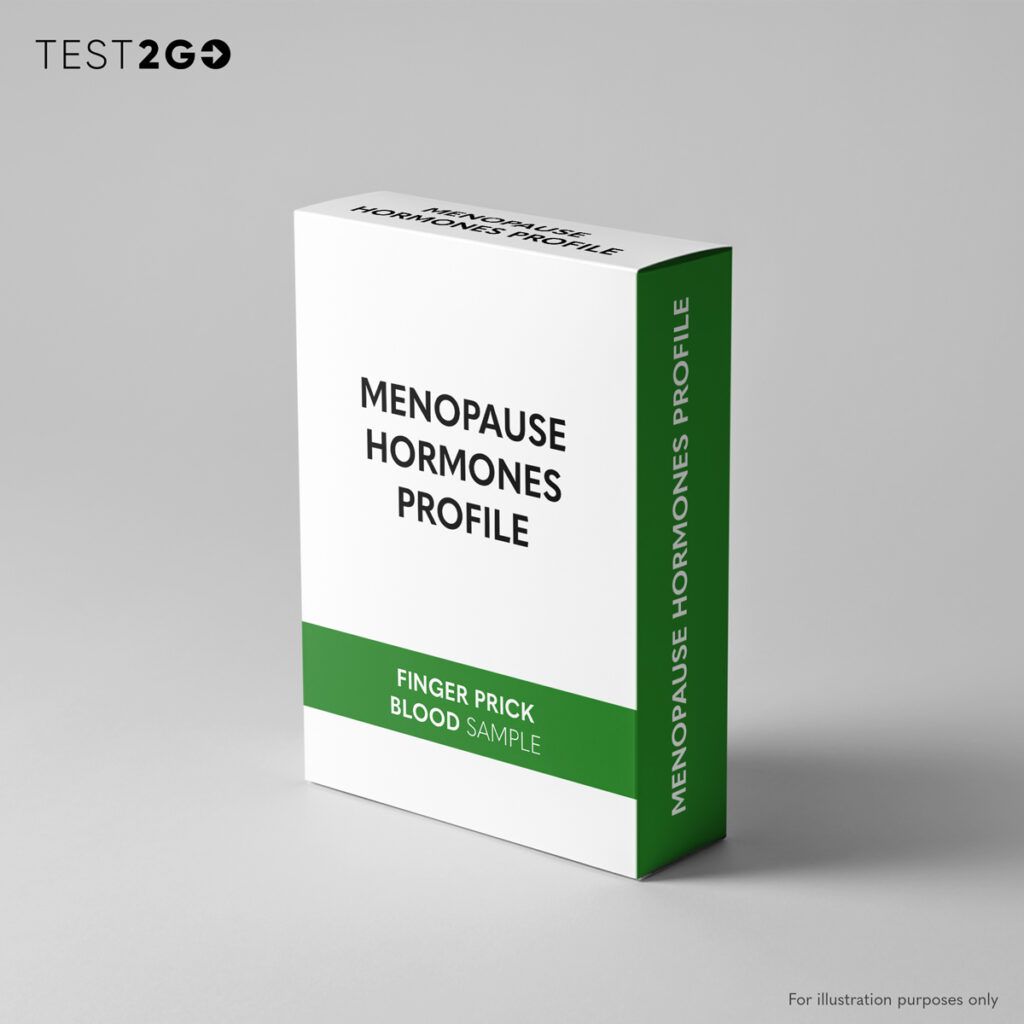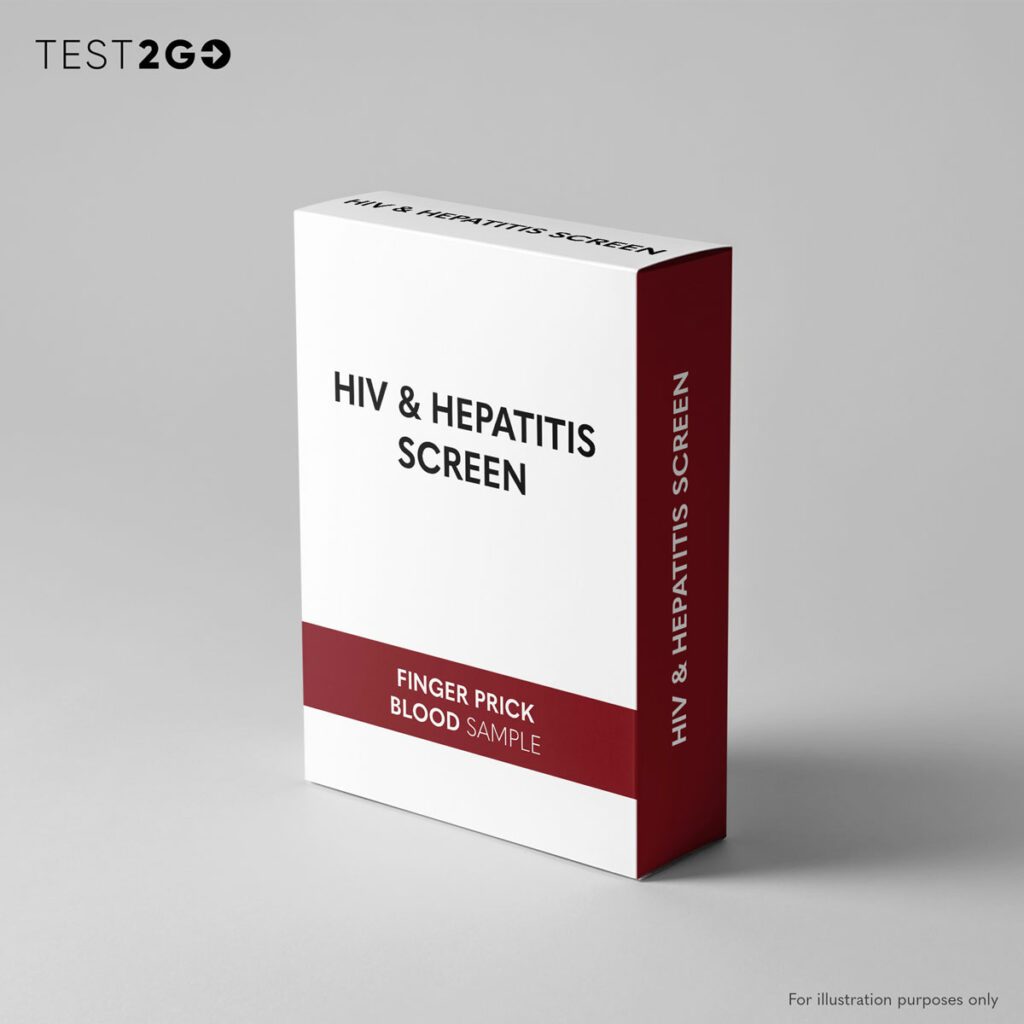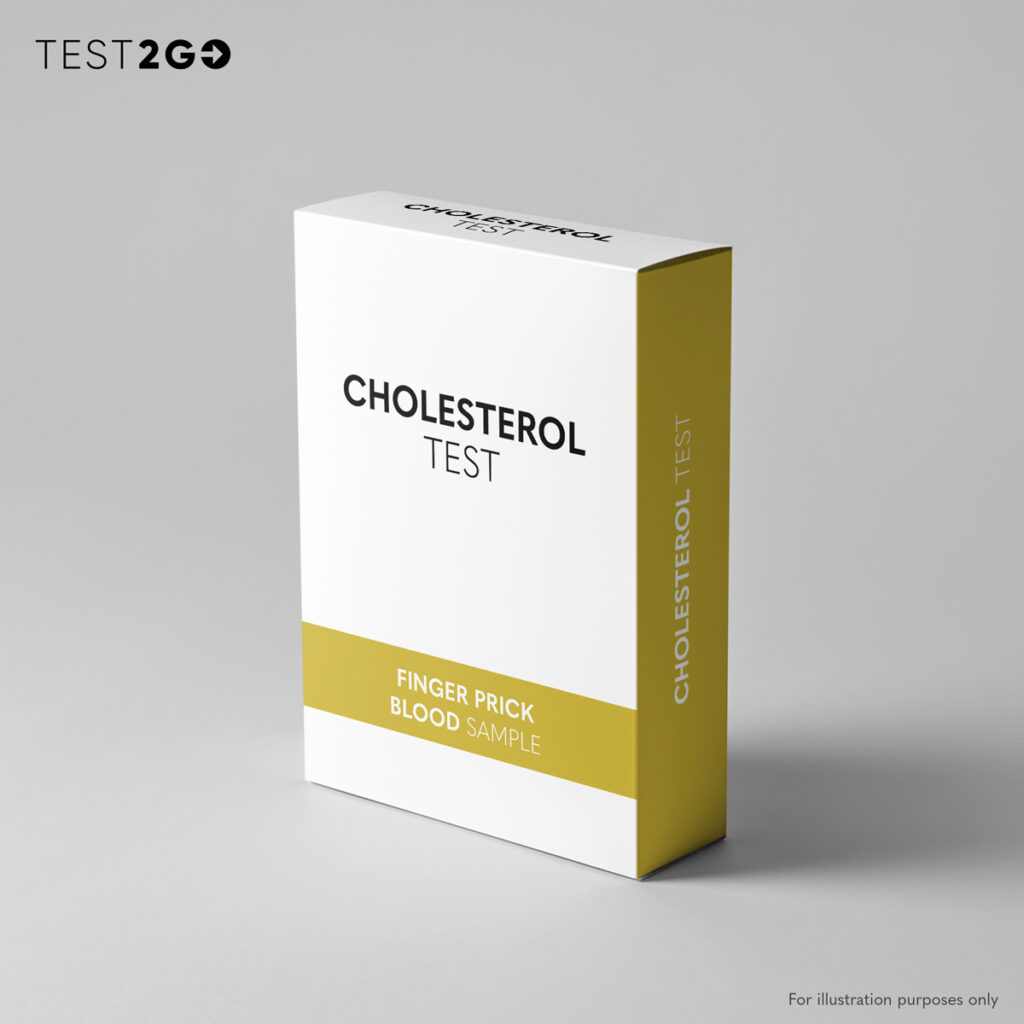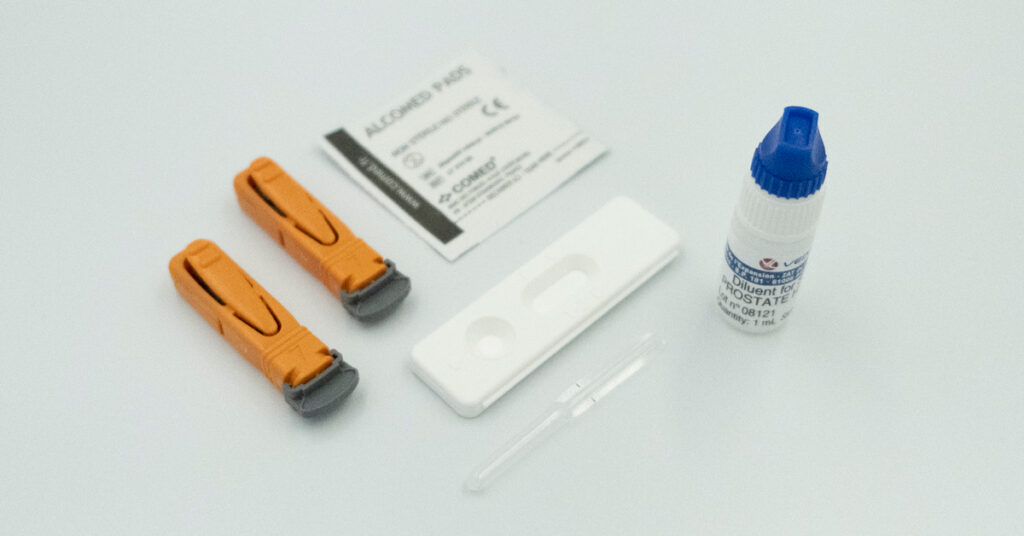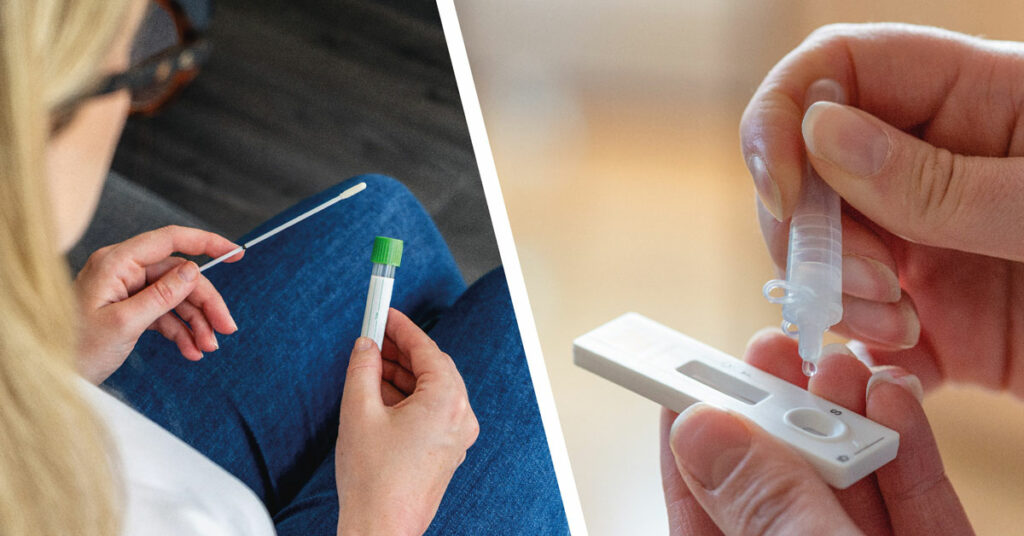Did you know over 40% of British adults suffer from at least one allergy?
Allergies are caused by your immune system reacting to a foreign substance or food. Your immune system produces antibodies daily. When you have an allergy, your immune system produces antibodies that identify a particular substance as harmful, even though it isn’t. Once these antibodies have been created, your immune system will react every time you come into contact with the substance, potentially causing inflammation to your airways, digestive system, skin or sinuses.
How severe your allergy is will vary from person to person, and symptoms can range from minor irritation to anaphylaxis shock. Anaphylaxis is a severe allergic reaction affecting more than one system in the body – and it is potentially life-threatening.
What are the most common allergies?
The NHS say that the nine most common allergies are:
- grass and tree pollan – the allergy to these is commonly known as hay fever
- dust mites
- animal dander (flakes of skin or hair)
- food – nuts, shellfish, eggs and cows milk in particular
- insect stings and bites
- medicines such as aspirin, certain antibiotics, and ibuprofen
- latex – used in gloves and condoms
- mould
- household chemicals such as cleaning fluids and hair dye
What are the symptoms of an allergic reaction?
The symptoms of an allergic reaction usually develop within minutes of a person being exposed to the thing they are allergic to. Still, they can often be confused with bacterial or viral infection symptoms.
Common symptoms of an allergic reaction include:
- sneezing and a blocked, itchy or runny nose (hayfever)
- scratchy, red, watering eyes (conjunctivitis)
- wheezing, chest tightness, shortness of breath and coughing
- raised itchy red rash (hives)
- swollen lips, tongue, eyes or face
- tummy pain, feeling sick, vomiting or diarrhoea
- dry, red and cracked skin
Allergy symptoms will vary depending on what a person is allergic to and how much they have come into contact with it.
Can I test for allergies at home?
People with allergy sensitivities often produce high levels of allergy antibodies in their blood – known as immunoglobulin E (IgE). The Test2Go Allergy Test can be used as a general test for allergies and will tell you if the level of allergy antibodies in your blood is in the normal range or higher than usual. It will also give you an indication as to whether any symptoms you have are allergy-related or not.
Suppose you have higher than normal IgE antibody levels and symptoms that may be allergy-related. In that case, you should speak to your doctor, who can arrange for further blood and skin tests to pinpoint the exact allergen that is triggering your symptoms.
You do not need to be experiencing any symptoms at the time you take the at-home allergy test.
How does the Test2Go allergy test work?
Allergens are usually proteins present in the air we breathe or in our food or drink. However, the most common allergens are dust mites, pollen or pet related.
People with allergens produce IgE antibodies that can react with these allergies, triggering allergy-related diseases such as asthma, eczema and food allergies.
The Test2Go allergy test uses a pair of antibodies that detects IgE antibodies explicitly. A positive result will be given when the level of IgE antibodies is higher than the normal range as determined against the World Health Organisation (WHO) reference of 150 IU/mL.
When should the allergy test be performed?
The allergy test can be performed at any time of the day.
It is essential to point out that this allergy test is not suitable for children under the age of 6 as the reference range for normal levels is different for young children compared to older children and adults.
Can the allergy test result be incorrect?
The allergy test results are accurate as long as the instructions are carefully followed. Nevertheless, the results may be incorrect if the allergy test gets wet or if the wrong amount of blood or diluent is added. The enclosed plastic pipette has been chosen specifically to ensure the correct amount of blood can be collected quickly and safely.
How accurate is the allergy test?
The allergy test is accurate and has been used for more than ten years by medical professionals in hospital laboratories. Studies have shown an agreement of at least 97% of this test with laboratory reference methods. Although this test is reliable, all medical tests may give a small number of false-positive or false-negative results.
What should I do if the allergy test is negative?
If the test returns a negative result, it means that the IgE antibody level in your blood is within the normal range. If your symptoms persist, or you are still concerned about having an allergy, please speak with your doctor.
What should I do if the allergy test is positive?
If the test returns a positive result, it means that the IgE (immunoglobulin E) antibody level in your blood is higher than usual. If you are also experiencing allergy symptoms, you may benefit from speaking to your doctor about further tests so you can specify what it is you are allergic to.
For more information on allergy and related diseases, please check out the BSCAI website.
Our test is for advisory purposes only. It is not a medical diagnosis.
NB. It is important to note that our tests are not a substitute for seeing a doctor, particularly if you have symptoms. It would help if you did not make a diagnosis or start any treatment without a consultation with a doctor or a suitably trained health professional.
Further Reading
For more information on allergies and related diseases, please check out:
- BSACI – Allergy management
- NHS – Allergies
- Mayo Clinic – Allergies




